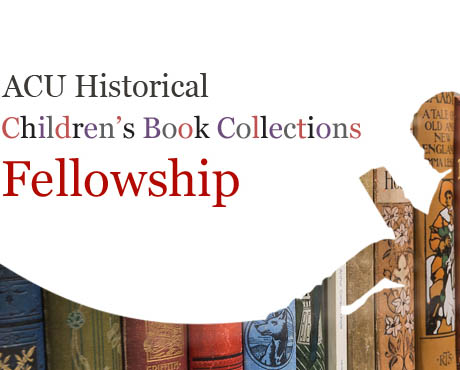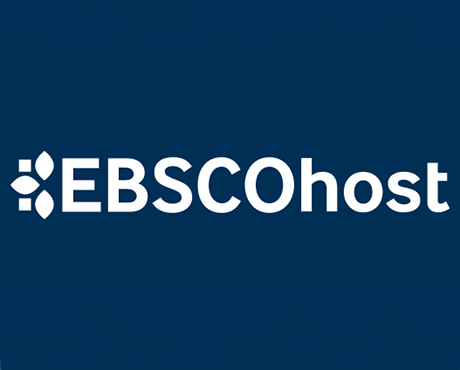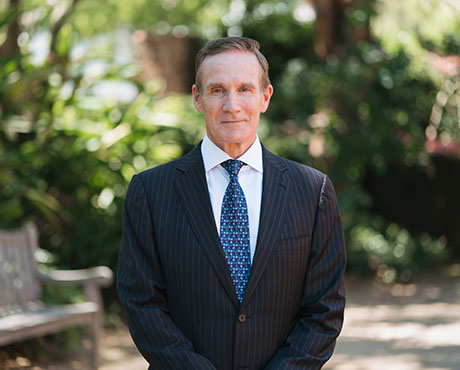
Research partnerships for the common good
News 23 SeptemberA message from Interim Executive Dean, Faculty of Education and Arts, Professor Phil Parker
13 November 2024
Share
A message from the Executive Dean of Theology and Philosophy, Professor Richard Colledge.
As we hurtle towards the final weeks of 2024 (amazing to think that we’re approaching a quarter of the way through the 21st century, isn’t it?), it’s worth reflecting on the many good things that came our way this year, even in the midst of the many challenges we have faced. I refer here not only to our tumultuous and restless international scene, but also to our own university community.
Pope Francis’ recently published fourth encyclical, Dilexit Nos – dedicated to the theme of human and divine love – is filled to the brim with references to the heart. In his characteristic way, Pope Francis moves easily from a theological discourse (on the sacred heart of Jesus) to a social engagement focus on the indispensability of outward-looking love for others as a way to overcome division. “It is only by starting from the heart”, he writes, “that our communities will succeed in uniting and reconciling differing minds and wills”. For, “a society dominated by narcissism and self-centredness will increasingly become ‘heartless’”.
One of the things I especially appreciate about our ACU Vision 2033 document is its own uncompromising outward-looking focus that privileges the flourishing of others, the thriving of communities, and the pursuit of goods that are shared or ‘in common’ rather than those that are ethically inward-turning. What is true in general, is also very true of a university: we succeed most when we engage with others in a spirit of genuine care. This care is most effective when it is powered by intellect and the pursuit of excellence; not in order to grandstand, but to offer the best we have in service to others and to our communities.
Whether it be in our teaching, our research or our engagement activities, I’m heartened by all manner of ways in which ACU staff are enacting that mission. If I may focus for a moment on the Faculty of Theology and Philosophy – a faculty that I’ve been given the honour to lead – a number of examples come to mind.
In terms of teaching and coursework, a major focus through this year (and one that will similarly dominate 2025) has been the Core Curriculum revitalisation project. Here we are looking to make available to our undergraduate students a rich banquet of options for encountering our Catholic intellectual tradition, that has at its heart the importance of genuine care – love – for others.
In terms of our research agenda, it is seen in our developing portfolio of research engagement projects that bring expertise to the collaborative table. Examples include our IRCI Biblical and Early Christian Studies program’s work on the international Flourishing project, our fledging engagements with other Catholic universities in our own Asia-Pacific region that we are looking to build over coming years, and a Porticus-funded research project that is investigating what practical inclusive governance in a Synodal Church can and should look like in the years ahead.
Finally, led in many ways by our Xavier Centre for Theological Formation, but encompassing other areas as well, the faculty is playing a leading role in supporting dioceses, Catholic Health agencies and education offices in furthering their own missions.
However, of particular focus at the moment is our role in supporting new and refreshed thinking relating to the role of women in Church leadership and governance. Both the recently celebrated Plenary Council in Australia and the recent ‘Synod on Synodality’ gatherings in Rome have spent much time on this theme, as did the Royal Commission that identified the need for more enhanced involvement of women in Church governance. But change in this area requires high quality training and formation.
In this context, our internationally recognised postgraduate Women’s Leadership for Mission program plays a significant role. This is a program created by women colleagues in the faculty to enable and support emerging female leaders across all sectors of life and work in Australia.
What makes all things possible here is a genuine commitment to others that orients intellectual expertise toward the common good. Academic life, at its best, is a calling of the heart.

A message from Interim Executive Dean, Faculty of Education and Arts, Professor Phil Parker

The library is supporting the ACU Historical Children’s Book Collections 2025 Fellowship. It is an opportunity to conduct research on our historical collection of children’s books, located at St Patri...

On 24 June ACU will transition to the new EBSCOhost. This will result in a new look and feel across some of our most popular databases. Learn more about the changes and what action may be required of ...

Advance your career in teaching and learning with the Graduate Certificate in Higher Education. Enrol by 22 June to get started in Professional Term 5.

Viva Engage is here. Access it easily via Microsoft Teams.

Include an additional survey item in the Student Evaluation of Learning and Teaching (SELT) survey for units that are offered in ACU Online Term 2 (202536).

A new Adjunct and Honorary Titles Policy and Procedure has been approved and is now in effect at ACU.

Teaching staff are encouraged to check their units have been correctly linked to their names for the Student Evaluation of Learning and Teaching (SELT) surveys in upcoming teaching periods.

ACU has three student modules: the Academic Integrity, Respectful Relationships, and Protecting our Children modules. Semester 1 students must complete their modules by 1 July to access their results ...

Please be aware of the following changes to payroll processing dates.

A message from the Chief Operating Officer Patrick Woods.

As part of Student Administration's commitment to service excellence, AskACU will be running on-campus re-enrolment drop-in sessions in July, while CMAS enhancements will improve information available...

The Student News and Events bulletin is sent to all students, nationally, and includes a broad cross-section of news, announcements, events and stories from across the university. The May edition is o...

Say goodbye to Workplace and hello to Viva Engage. Learn about our new community structure and all-staff community.

An update from the Executive Dean of Law and Business Professor Andrew O'Neil.

A reminder to all academic staff that the mandatory Notice of Intent, for those intending to apply for promotion in the 2025 round, must be submitted by 11.59pm this Friday (30 May).

Expect a few email notifications as we prepare to welcome you to Viva Engage next week.

Include an additional survey item in the Student Evaluation of Learning and Teaching (SELT) survey for units that are offered in Professional Term 4 (202547).

Register for these 15-minute sessions to learn more about the variety of online researcher profile platforms and what is involved in setting up, linking and updating your profile.

Lecturers-in-charge can make a direct determination of Poor Academic Practice (PAP) for students who engage in minor forms of academic misconduct. Learn why they can be valuable to staff and students.
Visit Service Central to access Corporate Services.